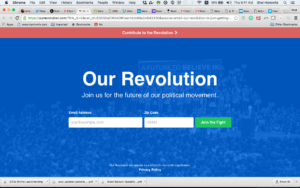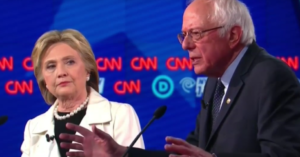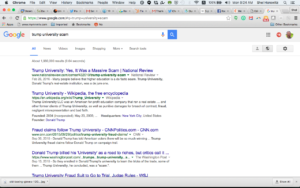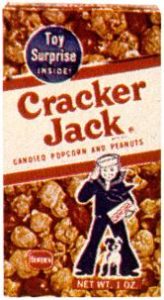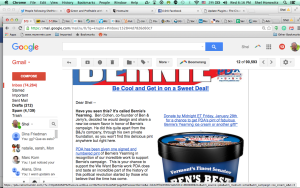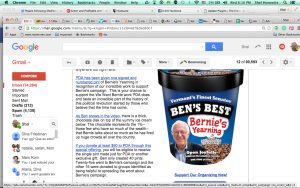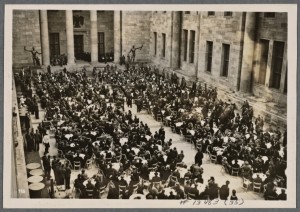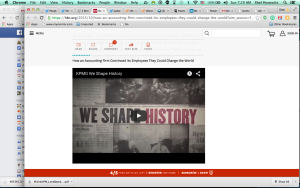Let’s Have Some Fun with a Stillborn Nuke: A Contest
The Washington Post reports that the never-finished, never-operated Bellefonte Nuclear Power Plant, in Hollywood, Alabama is for sale at the bargain-basement price of $36.4 million. It has cost more than $5 billion to build as much of it as Tennessee Valley Authority managed to complete, so this isn’t just pennies on the dollar. Each penny of the purchase price leverages $137.36 of construction investment—which, if my math is right, works out to a pretty incredible 1,373,626.37 percent return on investment (ROI), if the plant could be amortized that way. Kind of like getting a Ferrari for the price of a Matchbox car (little toys about two inches long).

Of course, the plant can’t be amortized that way. It was built to turn atoms into smaller atoms and electricity (and, by the way, tremendous waste heat and a whole soup of poisonous and radioactive waste). In all likelihood, the plant will never fulfill its intended purpose. And that’s a good thing!
So let’s think about what we could do with it instead. After all, it’s costing the small town of Westwood, MA more than $13 million just to build a police station, so this really is “the deal of the century.” And let’s have some fun.
I want your outlandish AND your practical ideas. Please submit one of each as a comment on this page, in this format: Outlandish: (describe your idea in one to three sentences). Practical: (describe your idea in one to three sentences). Also please tell me how you learned about the contest so I know whom to thank. If you wish, you may link to a page giving more details. Each entry must include both categories (and the link to your posting address or Facebook screen name must function, so I can contact you if you win).
Oh, and comments are moderated, so don’t even bother posting racist, sexist crap or unrelated commercial spam. It won’t get posted and it WILL get you reported and blacklisted.
All entries must be received by 11:59 PM Eastern Time, Thursday, October 20, a bit over a month from the day I post this.
Want to be a winner? Make your Outlandish entry very humorous but not offensive. And make your Practical entry eco-friendly and specific. For instance, it’s not enough to say “a renewable energy project.” I want to know the type and why it’ll work there.
The winner in each category will get a 30-minute consultation with me to discuss any aspect of marketing, green/social entrepreneurship business profitability, book publishing, or green living–and a copy of my latest book, Guerrilla Marketing to Heal the World (acclaimed by Jack Canfield, Seth Godin, and others) as well as my ebook, Painless Green: 111 Tips to Help the Environment, Lower Your Carbon Footprint, Cut Your Budget, and Improve Your Quality of Life—With No Negative Impact on Your Lifestyle. Total value of the prize is $135, which is as close as I can come to the amount of construction cost each penny covers. And you’ll be in a press release I’ll send out announcing the winners.
I am the judge, and I’m not responsible for lost or misdirected entries, I assume no liability, blah blah blah (standard contest disclaimers).

